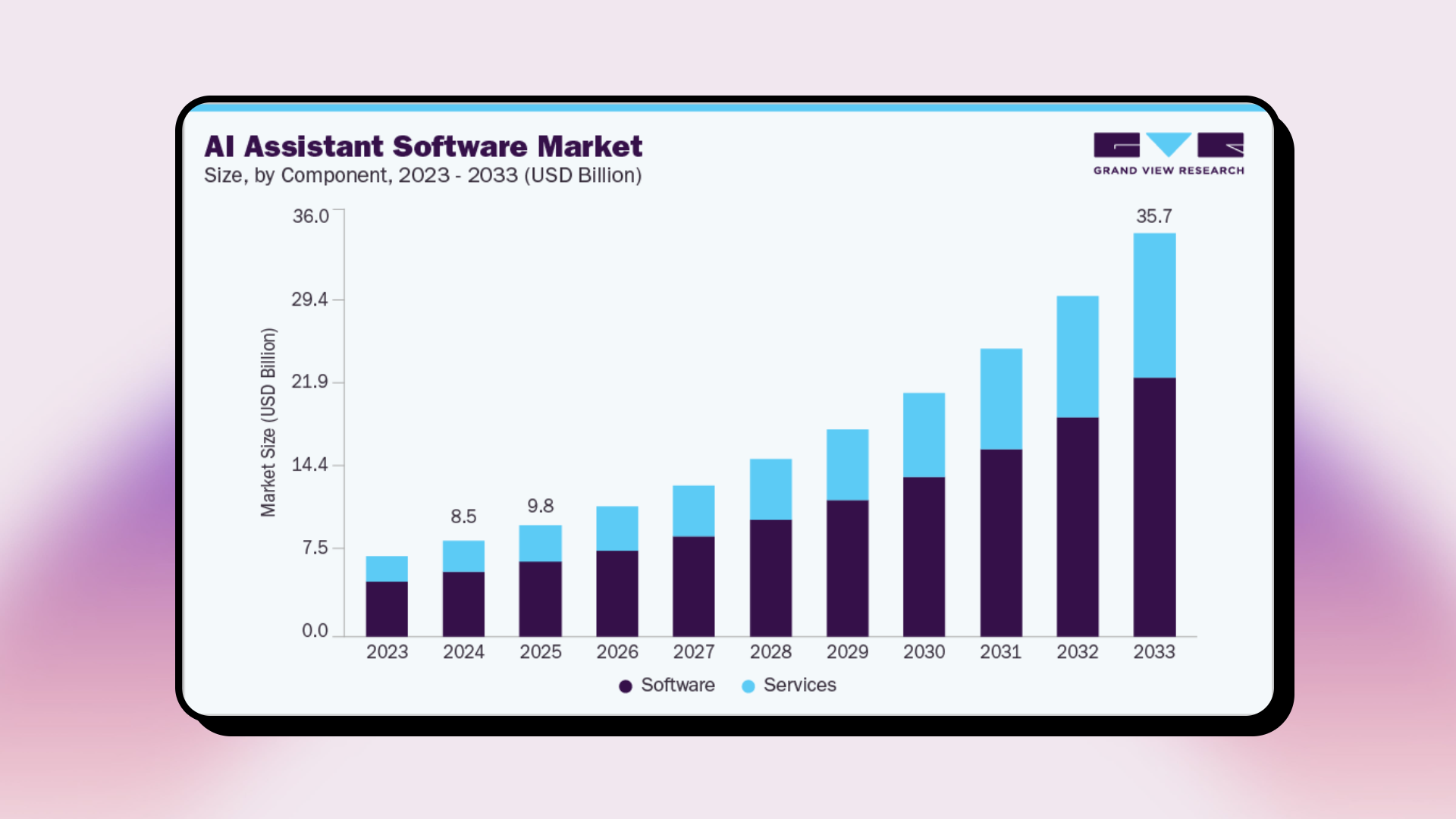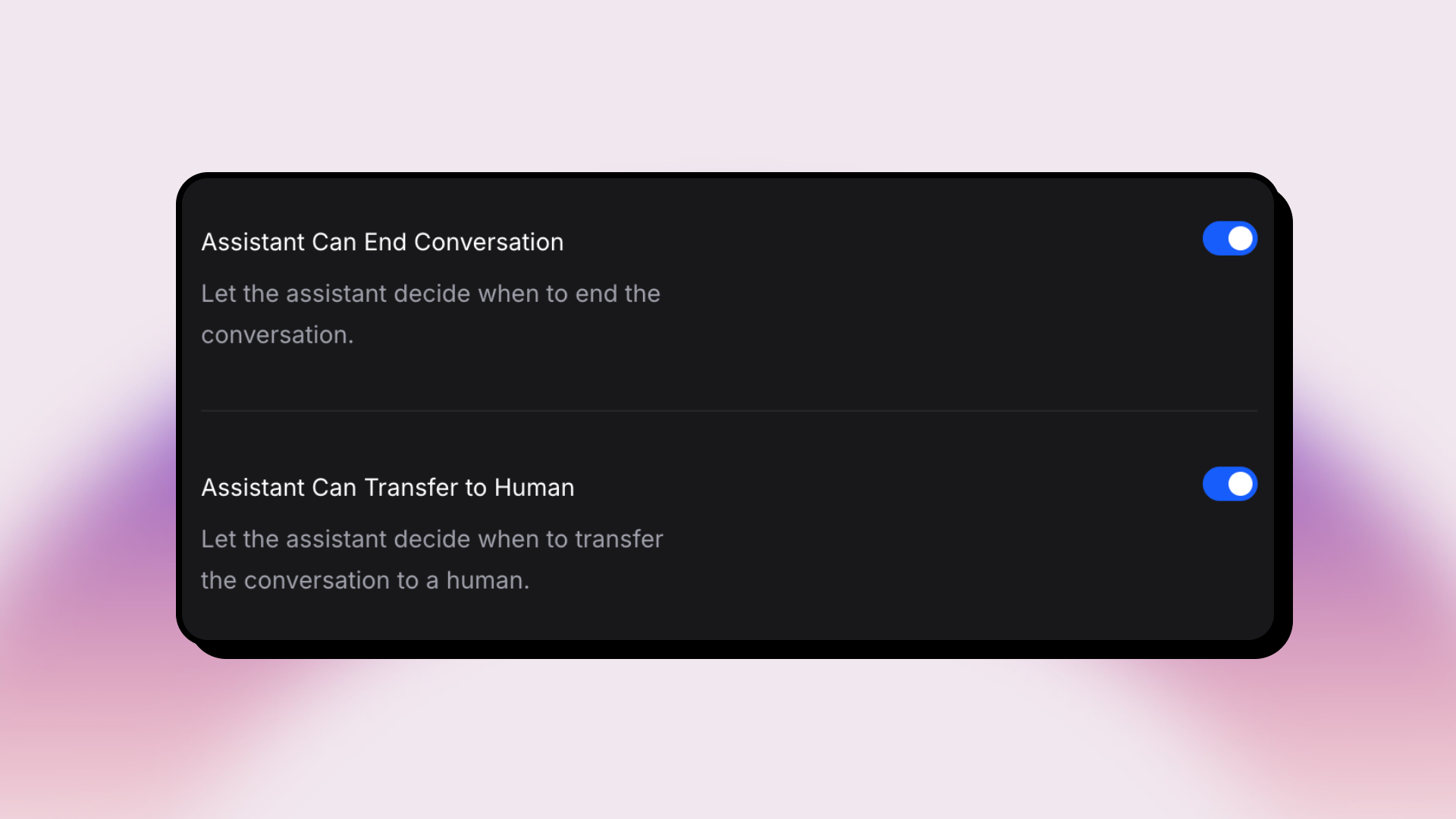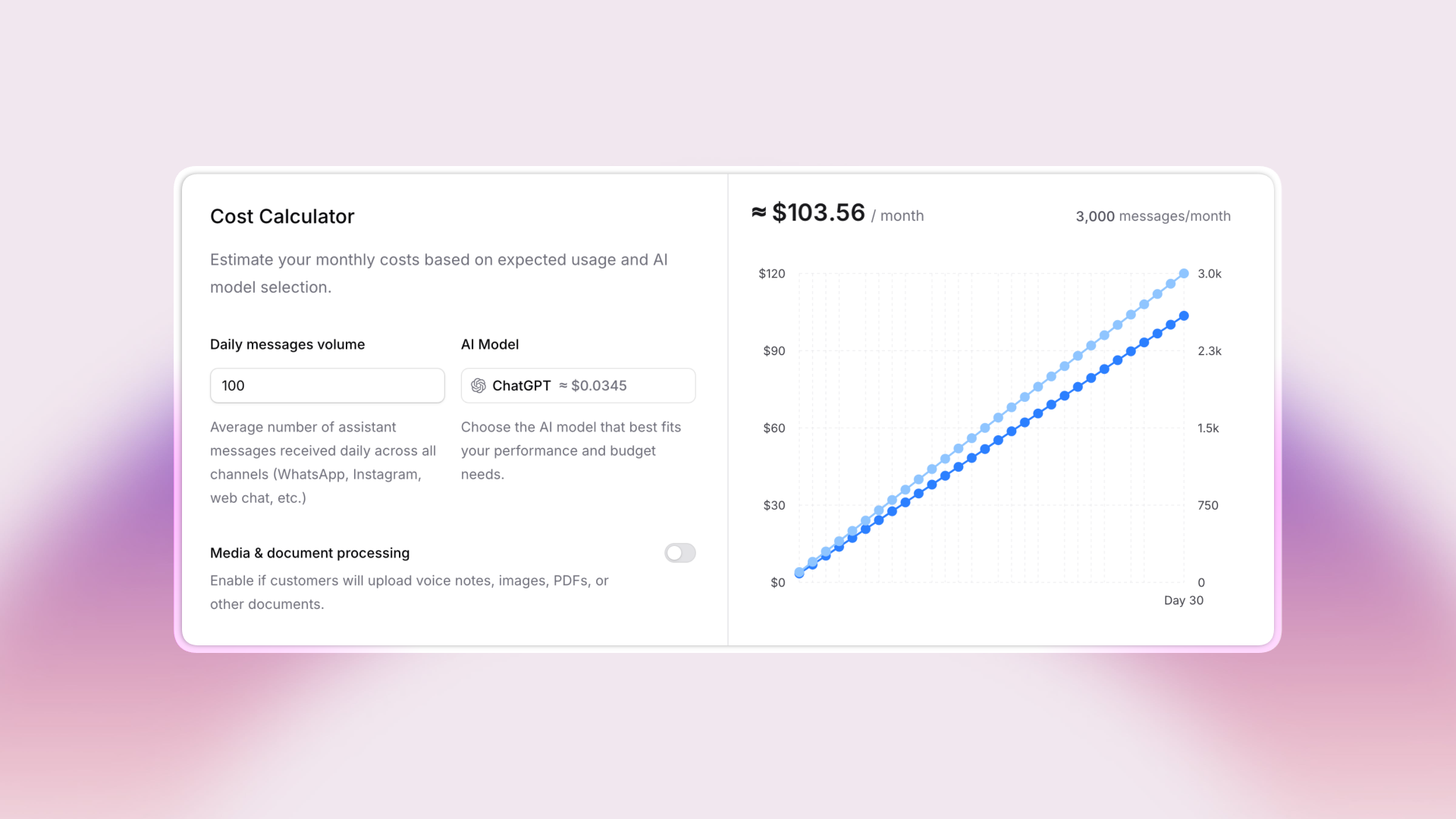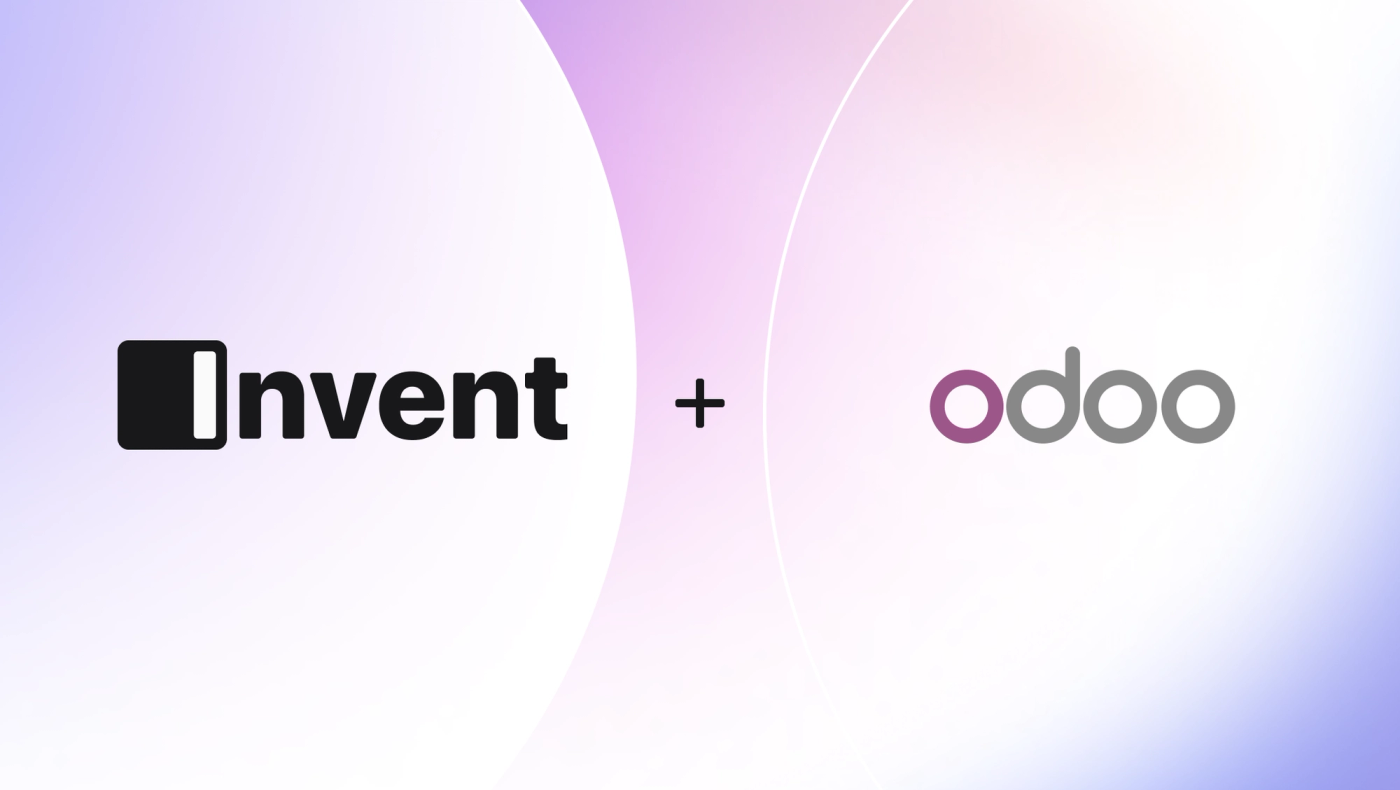TL;DR:
- AI assistants are intelligent software tools like ChatGPT, Google Gemini, and Microsoft Copilot that automate digital tasks and conversations, helping users save time and boost productivity.
- They support scheduling, email, customer service, and more, with robust customization and multi-language features.
- Security, integration, and cost vary by provider, making it important to choose an AI assistant that fits your needs.
- These assistants operate 24/7, handle routine work, and complement human efforts, transforming how people and businesses manage workflows in 2026.
- AI Assistant Market worth $21.11 billion by 2030.
Intro
AI assistants, also called chatbots, virtual assistants, or AI agents, and are software tools that automate digital tasks and conversations using artificial intelligence.
AI assistants come in multiple forms, including:
- Conversational AI chatbots that interact with users via text across websites, apps, and messaging platforms (e.g., ChatGPT, Google Gemini).
- Voice-enabled AI assistants that speak and listen, providing hands-free interaction through devices like smart speakers or phones (e.g., Amazon Alexa, Google Assistant, and soon Invent’s Voice Agents).
This multi-modal interaction capability allows AI assistants to meet diverse user preferences and use cases, ranging from typing queries to natural voice commands.
This FAQ helps you understand how they work, their benefits, security, and more.

Projected global market size for AI assistant software and related services from 2023 to 2033. The chart shows significant year-over-year growth, with the market expected to reach up to $35.7 billion by 2033, according to Grand View Research.
1. What is an AI assistant, and how does it help people?
An AI assistant is smart software that automates repetitive tasks, answers questions, and supports users through natural language conversations. It helps people save time by managing schedules, handling emails, providing quick answers, and assisting with both personal and professional projects.
2. Why do some platforms call AI assistants, chatbots or virtual assistants?
Some platforms use different names based on the AI’s focus: “chatbots” for conversational tasks, “virtual assistants” for broader digital support, and “AI agents” for autonomous workflows. Despite the names, these terms often refer to similar AI technologies designed to automate tasks and conversations.
3. What are the most popular AI assistant platforms in 2026?
Top AI assistants include OpenAI’s ChatGPT, Google Gemini, Microsoft Copilot, and Notion AI. These platforms offer advanced natural language understanding, integration with popular apps, and support for voice, text, and image inputs.
If you're looking for model-agnostic or specialized alternatives, platforms like Invent, Lindy, Zapier, n8n, and Gumloop offer powerful AI assistant capabilities focused on automation and customization across various business workflows.
4. Which tasks can an AI assistant automate for personal and work life?
AI assistants can handle scheduling, email management, setting reminders, taking meeting notes, booking travel, answering FAQs, updating CRM records, and much more, both for personal organization/productivity and business workflows.
5. How are AI assistants different from human assistants?
AI assistants work 24/7 to perform digital, routine tasks quickly and consistently. Human assistants bring judgment, creativity, empathy, and strategic thinking that AI currently cannot fully replicate. Many organizations use AI to complement human efforts in this way, taking the best capabilities for each one.
6. Can AI assistants connect with apps like WhatsApp, Slack, or email?
Yes. AI assistants integrate with WhatsApp Business API, Slack, Microsoft Teams, email clients, and other apps to provide seamless communication, automate replies, send reminders, and manage tasks on platforms users already use.
7. Are AI assistants secure and private?
Reputable AI platforms use encryption, comply with regulations like GDPR and SOC 2, and implement robust access controls to protect user data. Users should enable privacy settings and avoid sharing sensitive information unnecessarily.
8. How do I get started with an AI assistant?
Start by choosing a platform that fits your needs, creating an account, and connecting relevant tools like your email, calendar, social media, as Instagram, WhatsApp or Telegram. Many platforms offer templates to help you set up common tasks quickly.
9. Can I customize my AI assistant to suit my needs?
Yes, you can customize almos everything. It will depend on the platform you are using. You'll be able to choose the AI model, add custom workflows, connect specific data sources/channels, create actions, and train the AI by providing instructions and files into the Assistants bran "Knowledge" or "Knowledge base". This personalization makes the assistant better understand your preferences and work style as well as the communication tone, voice, goals, etc.
10. Do AI assistants support multiple languages?
Most leading AI assistants support dozens of languages, enabling users worldwide to interact naturally in their preferred language. Multilingual capabilities continue improving, broadening accessibility.
11. What limits should I be aware of when using AI assistants?
AI assistants perform best with structured digital tasks but may misunderstand complex or ambiguous requests. They lack human judgment, so sensitive decisions usually require human review. Correct integrations and permissions are also essential for full functionality. If you need "human-in-the-loop" assistance, you'll need to choose a platform that offers seamless takeover.
12. How accurate are AI assistants at answering questions or automating tasks?
Accuracy for common digital tasks like scheduling, email drafting, and FAQs is high, but errors can occur. Confirmation steps and human oversight for critical tasks (e.g., refunds) help maintain reliability. You should invest time on shaping the instructions and the knowledge base for this.

Invent Assistants settings screen with options enabled for allowing the assistant to end conversations or transfer chats to a human, providing more autonomous and flexible support management.
13. Can AI assistants help with customer support or sales inquiries?
Yes, AI assistants handle customer support like FAQs, lead qualification, and follow-ups, improving response times and freeing human agents for complex issues.
14. What are examples of tasks AI assistants manage daily?
They manage calendars, triage emails, take notes, send reminders, book travel, update databases, generate reports, and perform research, helping users stay organized and efficient.
15. Are free trials available for AI assistants?
Most platforms offer free trials or limited free tiers so users can test features before subscribing.
16. Can AI assistants handle scheduling and reminders?
Absolutely. They check availability, avoid conflicts, send alerts, and adjust for time zones and travel.
17. How do AI assistants make life easier?
By automating repetitive work and providing instant answers and organization, AI assistants free up time for creative and strategic work while reducing stress and overload.
18. What AI assistant technologies do companies like OpenAI, Google, and Microsoft offer?
OpenAI offers ChatGPT, Google has Gemini, Microsoft provides Copilot, and platforms like Notion embed AI assistants in productivity apps, each enabling natural language workflows and extensive integrations.
19. Is my sensitive information safe with AI assistants?
When using trusted platforms with proper security and compliance, data is well protected. Users should still exercise caution and employ privacy controls.
20. Will AI assistants replace human jobs?
AI automates routine tasks, augmenting rather than completely replacing people. Roles are evolving to focus more on strategic and relationship work.
21. How do I train my AI assistant?
Training involves, improving your instructions and knowledge base, uploading standard operating procedures, setting preferences, and connecting relevant data, helping the AI better understand your needs.
22. Are AI assistants available 24/7?
Yes, AI assistants operate continuously to offer support and automate tasks anytime.
23. What certifications should I look for in AI assistants?
Look for SOC 2, ISO 27001, GDPR, or similar certifications that indicate strong security and privacy practices.
24. Which industries benefit most from AI assistants?
Industries like e-commerce, SaaS, healthcare, real estate, and financial services, with high support volume and complex workflows, gain significant advantage using AI assistants.
25. How much do AI assistants cost?
Prices typically range from $10 to $60 per user monthly for individuals and $20 to $120 for businesses, depending on features and usage. Pricing models will vary, from monthly subsction to usage-based.
Pricing models can differ significantly, including:
- Subscription Plans: Fixed monthly fees with tiered features and usage limits.
- Usage-Based Pricing: Charges based on actual usage metrics like number of interactions, tokens processed, or tasks performed.
- Value-Based Pricing: Cost aligned with business outcomes or ROI, increasingly common for enterprise AI solutions.
- Hybrid Models: Combinations of subscription and usage fees for more flexible billing.
Additionally, some platforms offer free trials or freemium tiers, letting you start without commitment. It's important to evaluate pricing against your expected volume and feature needs to choose the right plan and avoid unexpected costs.

Estimate your monthly cost for AI assistant usage on Invent using this simple calculator. Input daily message volume and select the AI model to see projected monthly spending. For 100 daily messages using ChatGPT, the cost is approximately $103.56 per month for 3,000 messages. Enables budgeting AI deployments with transparent pricing. https://www.useinvent.com/pricing#calculator
26. How do AI assistants help with customer support?
AI assistants automate many customer support tasks to improve response time, availability, and accuracy. They can:
- Instantly answer common questions and FAQs 24/7, reducing wait times.
- Automatically triage and categorize support tickets, routing complex issues to human agents.
- Manage repetitive inquiries, freeing up human teams for higher-impact work.
- Support multiple languages and understand customer sentiment to personalize responses.
- Integrate with CRM and help desk systems to pull relevant customer data for tailored support.
- Provide interactive guidance such as troubleshooting steps, reducing ticket volume.
By working alongside human agents, AI assistants boost efficiency, improve customer satisfaction, and reduce operational costs for support teams.
27. Can AI assistants integrate with calendars, CRM, and project tools?
Yes. They connect with tools like Google Calendar, Outlook, Salesforce, HubSpot, Zoho, Stripe, Notion, and others, to streamline workflows across apps.
28. What’s the difference between AI assistants, chatbots, and virtual assistants?
AI assistants encompass all these terms. Chatbots focus on conversational tasks, virtual assistants provide broader task management, and AI agents often imply autonomous workflows, though they overlap broadly.
29. How do AI assistants boost productivity?
By automating tasks, reducing interruptions, prioritizing work, and providing instant data access, AI assistants let users focus on important projects and decisions.
Learn first, then scale AI for 4x productivity
"Make a personal investment in learning before you buy or deploy anything; block real time on your calendar to understand the tools and their limits. I spent three months dedicating at least 10 hours per week to AI, which shaped our plan to roll out AI-driven agents across sales, marketing, helpdesk, engineering, and finance with the goal of a four-fold productivity lift."
— Talia Mashiach, CEO, Founder and Product Architect, Eved
30. What should I look for when choosing an AI assistant provider in 2026?
When selecting an AI assistant provider, consider factors that align with your specific needs and long-term goals:
- Technology Maturity: Look for providers with proven AI models that understand natural language accurately and support multimodal inputs like voice and images.
- Integration Capabilities: Choose platforms that seamlessly connect with the tools and systems you already use, such as CRM, communication apps, or workflow software.
- Customization and Training: Providers should offer flexible options to customize the AI assistant for your industry, language, and unique workflows.
- Security and Compliance: Ensure the provider adheres to data privacy regulations and offers enterprise-grade security certifications as SOC 2.
- Scalability and Support: Evaluate their ability to scale with your business growth and the level of customer support, from self-service resources to dedicated account teams.
- Cost Structure: Understand pricing models and choose one that fits your budget and usage patterns without hidden fees.
- Innovation & Roadmap: Select providers that continuously innovate, regularly update, and have a clear vision for future enhancements.
Focusing on these strategic criteria helps you pick a provider that not only delivers powerful AI assistants today but will also support your evolving requirements and maximize ROI.
Conclusion
AI assistants are rapidly evolving tools that transform how individuals and businesses manage tasks, communications, and customer support. By automating routine and complex workflows, these assistants boost productivity, enhance accuracy, and enable 24/7 availability across multiple languages and platforms. Choosing the right AI assistant depends on your specific needs around customization, integration, privacy, and scalability.
Staying informed of new developments and regularly updating your assistant’s knowledge base ensures you get the most value from this powerful technology.
Want to see AI assistants in action?
Discover useful tools and platforms that can help you automate tasks effortlessly.







